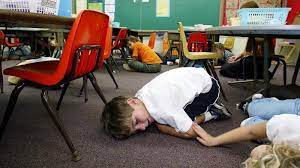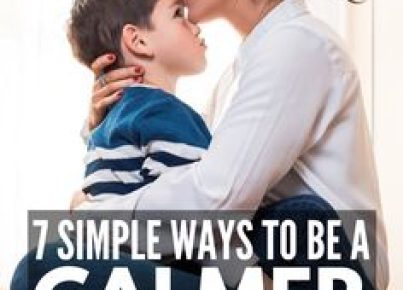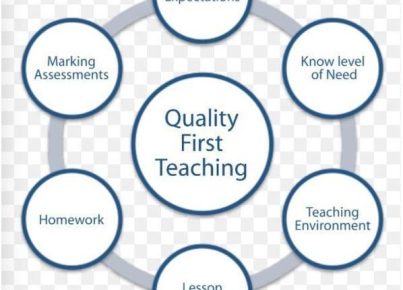Introduction
In recent years, gun violence has become an increasingly prevalent and contentious issue within our society. A growing number of people are affected—directly or indirectly—by senseless acts of violence that involve firearms. As mass shootings and other violent incidents have become more common, we are forced to confront an alarming reality: no one is immune to the dangers of gun violence.
The Ripple Effect of Gun Violence
Every incident of gun violence creates a ripple effect that extends far beyond the individual victim. Family members, friends, co-workers, witnesses, and entire communities can be deeply affected by these tragic events. The trauma that survivors endure can lead to mental health issues such as anxiety, depression, and PTSD. Additionally, even those who have not personally experienced gun-related violence may still feel anxious and afraid due to media coverage of such events.
The Impact on Our Sense of Community
Gun violence disrupts the social fabric of our society by instilling fear and mistrust in communities that were once safe havens. The sense of security we once felt in our neighborhoods and public spaces has been eroded as stories of mass shootings and other acts of gun-related violence become all too common.
It’s a sobering fact that schools, which should be nurturing environments for children and teenagers to learn and grow, are now often associated with lockdown drills and the threat of active shooters. While it’s essential to prepare students for the possibility of a dangerous situation, this constant vigilance can have long-lasting negative effects on their mental well-being.
Healing and Prevention
Addressing this pervasive issue requires a multifaceted approach focusing on not only stricter gun laws but also support systems to help individuals who may be at risk for committing acts of violence. Increasing access to mental health services is crucial in order to reduce the likelihood of someone acting out in a violent manner.
We must also foster open dialogue and understanding about the effects of gun violence on our society. Encouraging conversation at the community level will lead to a more caring, supportive atmosphere and help reduce the stigma surrounding mental health care.
Conclusion
The tragic reality is that we are all affected by gun violence, whether directly or indirectly. It’s essential that we recognize and address the far-reaching consequences of this epidemic in order to enact meaningful change. By working together, we can create a safer, more nurturing society for everyone – one where we don’t have to worry about letting someone else take a bullet for us.





